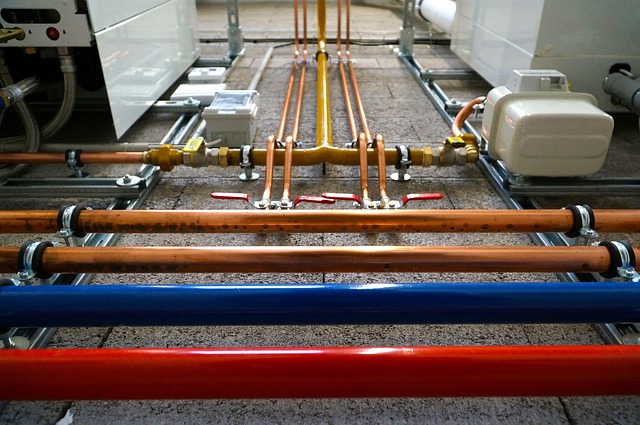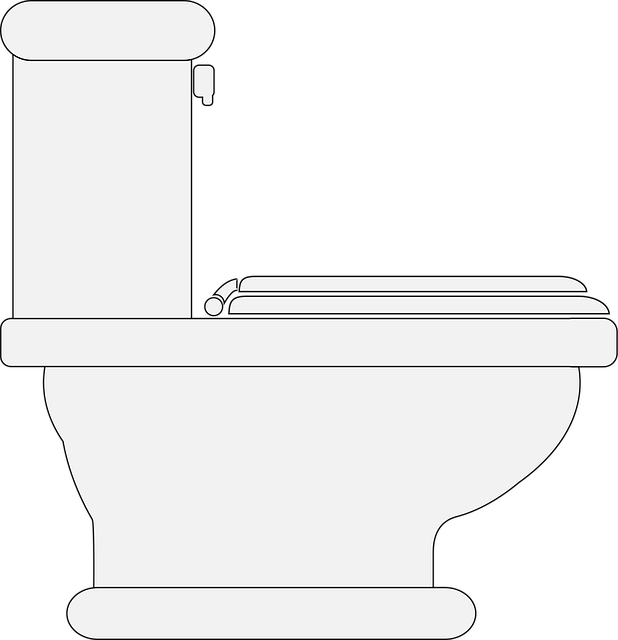Eco-friendly pipe insulation, made from renewable or recycled materials like bamboo, hemp, and recycled fibers, is a sustainable solution for tankless heaters. These materials offer excellent thermal properties, minimize energy usage, reduce waste, and create healthier indoor environments. When paired with tankless heaters, they optimize energy efficiency, cut emissions, lower utility bills, and support a circular economy. Choose products specifically designed for water heating to minimize heat loss and achieve long-term cost savings while promoting environmental sustainability.
“Discover the power of green with eco-friendly pipe insulation materials, a sustainable solution for your home or business. This comprehensive guide explores the growing importance of environmental consciousness in plumbing, focusing on tankless heaters. Learn about the benefits of natural, non-toxic insulators and how they contribute to energy efficiency. We’ll navigate through choosing the ideal eco-insulation, installation best practices, and long-term savings potential for your tankless heating system. Embrace a greener future, one pipe at a time.”
- Understanding Eco-Friendly Pipe Insulation
- Benefits of Using Sustainable Materials
- Choosing the Right Eco-Insulation for Tankless Heaters
- Installation Tips and Long-Term Savings
Understanding Eco-Friendly Pipe Insulation

Eco-friendly pipe insulation has gained significant importance in recent years, especially with the increasing focus on sustainability and reducing environmental impact. This type of insulation is designed to keep pipes at optimal temperatures while minimizing energy usage and waste. For instance, when used with tankless heaters, eco-friendly materials can significantly enhance energy efficiency by preventing heat loss, thereby reducing the overall energy demand.
These insulating materials are typically made from renewable or recycled content, such as bamboo, hemp, or recycled fibers, which not only lessen their environmental footprint but also offer excellent thermal properties. Unlike traditional pipe insulation that may contain harmful chemicals, eco-friendly options are non-toxic and biodegradable, contributing to a healthier indoor environment. This is particularly beneficial in homes with sensitive occupants or for commercial applications aiming to create more sustainable spaces, including those equipped with tankless heaters.
Benefits of Using Sustainable Materials

Using eco-friendly pipe insulation materials offers numerous benefits, especially in the context of energy efficiency and environmental conservation. These sustainable options are designed to reduce heat loss or gain in plumbing systems, which can significantly impact energy consumption. For instance, materials like recycled fiber glass or plant-based foams insulate pipes effectively, minimizing temperature fluctuations and, consequently, the need for excessive heating or cooling. This is particularly advantageous when paired with tankless heaters, as it optimizes energy usage, reduces greenhouse gas emissions, and lowers utility bills.
Moreover, opting for green insulation materials contributes to a circular economy by minimizing waste and promoting recyclability. Many eco-friendly options are made from renewable resources, ensuring a constant supply without depleting natural resources. This sustainability aspect is gaining traction in construction and manufacturing industries, as folks become more conscious of their environmental impact. By embracing these sustainable practices, we can foster a greener future while reaping the energy savings benefits that come with using eco-friendly pipe insulation materials, such as tankless heaters.
Choosing the Right Eco-Insulation for Tankless Heaters

When selecting insulation for tankless heaters, it’s crucial to pick eco-friendly materials that balance performance with sustainability. Look for options made from recycled content or biodegradable substances like mineral wool or plant-based foams. These choices not only reduce environmental impact but also offer excellent thermal resistance, ensuring efficient temperature regulation in your heating system.
Consider the specific requirements of tankless heaters, which operate at high temperatures and require insulation capable of withstanding fluctuations. Opt for products designed specifically for water heating applications to prevent heat loss and maintain energy efficiency. This ensures that your eco-friendly insulation not only supports environmental goals but also contributes to long-term cost savings by optimizing energy usage in your home or commercial space.
Installation Tips and Long-Term Savings

When it comes to installing or retrofitting pipe insulation for tankless heaters, there are several eco-friendly materials to choose from, such as recycled fibre glass, mineral wool, and foam made from natural oils. These options not only reduce energy loss but also contribute to a greener environment by minimizing the use of harmful chemicals and non-biodegradable substances.
Proper installation is key to maximizing long-term savings. Ensure all gaps are sealed to prevent air infiltration, which can significantly impact heating efficiency. Regular maintenance, including inspecting for any signs of damage or wear, will further extend the lifespan of your insulation and tankless heaters, ultimately reducing energy costs over time.
